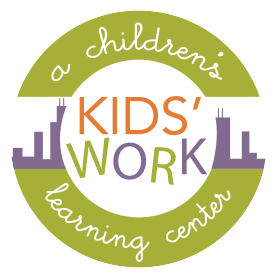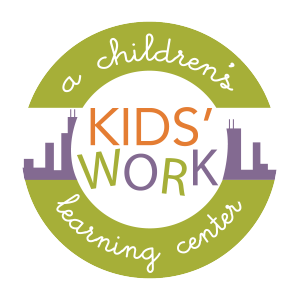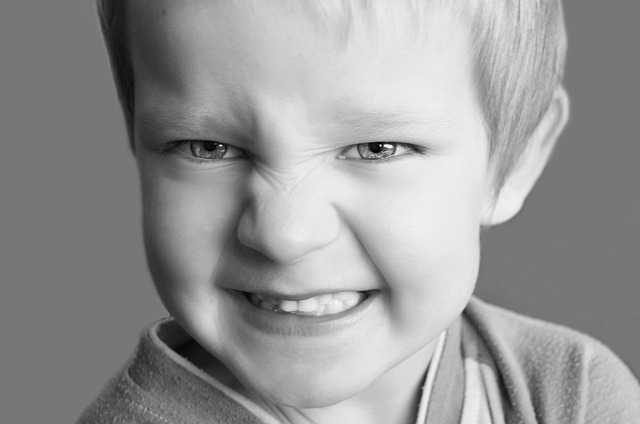When your child bites another person, whether it’s an adult relative, a sibling, a classmate, or a friend, it can feel like the most embarrassing and shameful thing in the world.
Conversely, if your child is the one who got bit by another person’s kid, the rage and indignation can come out – how could anyone’s little monster dare bite your innocent child?
But the truth is, biting is actually a normal part of childhood development and is very common among toddlers, usually between the ages of one and a half to three.
There is a wide variety of reasons kids go through a biting phase, and as they mature and (with your help) develop the self-control or communication to substitute for the biting, the behavior will go away. It is, however, something you want to discourage and correct right away, starting the first time it happens.
Figuring out why a kid is biting will help you figure out the appropriate response and be more successful in getting rid of the behavior. Not all kids bite because they’re mad or to hurt someone, and young toddlers don’t really understand the pain (and injury) they can cause.
Kids bite for different reasons, and it’s not actually always with malicious intent. Observe the situation and try to figure out what the child is achieving by biting. Some experts suggest to try to see biting as communication, not just bad behavior, and help them find and develop better ways of communicating to replace the behavior.
Here are some reasons an infant or toddler may bite and what you can do to help curb the behavior:
-
Teething
Biting relieves the pain of their swollen, tender gums.
You can:
- Give them a cold washcloth or teething ring to bite
- Let caregivers know he’s teething
-
Need for oral stimulation
Kids are busy creatures. Sometimes they’ve just gotta have their mouth busy!
You can:
- Give them healthy, crunchy snacks throughout the day
- Give them foods with a variety of textures
-
Exploring the world around them
For very young children, biting can just be a form of exploration – they use their mouths just as much as their hands to explore, and pretty much everything they pick up will end up in their mouth, getting drooled on, and probably bitten, as at this young of an age, they just can’t control themselves from biting the object in front of them.
You can:
- Furnish toys that are ok, or even designed for, sucking, biting or chewing on
- Give them a variety of motor/sensory toys to explore
-
Experimenting, seeing what happens/what reaction it will provoke
Toddlers are curious and exploring cause and effect just as much as physical properties of items. They like to experiment with what reaction occurs when they make an action, and will bite a classmate, sibling, or friend to see what happens, not realizing that it really hurts and can cause damage. They just want to answer the question, “What happens when I do THIS (bite)?”
You can:
- Give immediate and firm but calm response. Say “No biting. Biting hurts.” then shift your attention to the child who was bit, and not the biter so it doesn’t create a bite-get-attention feedback loop.
- Teach your child what the the cause-and-effect is of biting. Calmly and without angry reprimand tell them, “You bit Jack and now he’s crying. Biting hurts your friends. It is never ok.”
To be continued…


